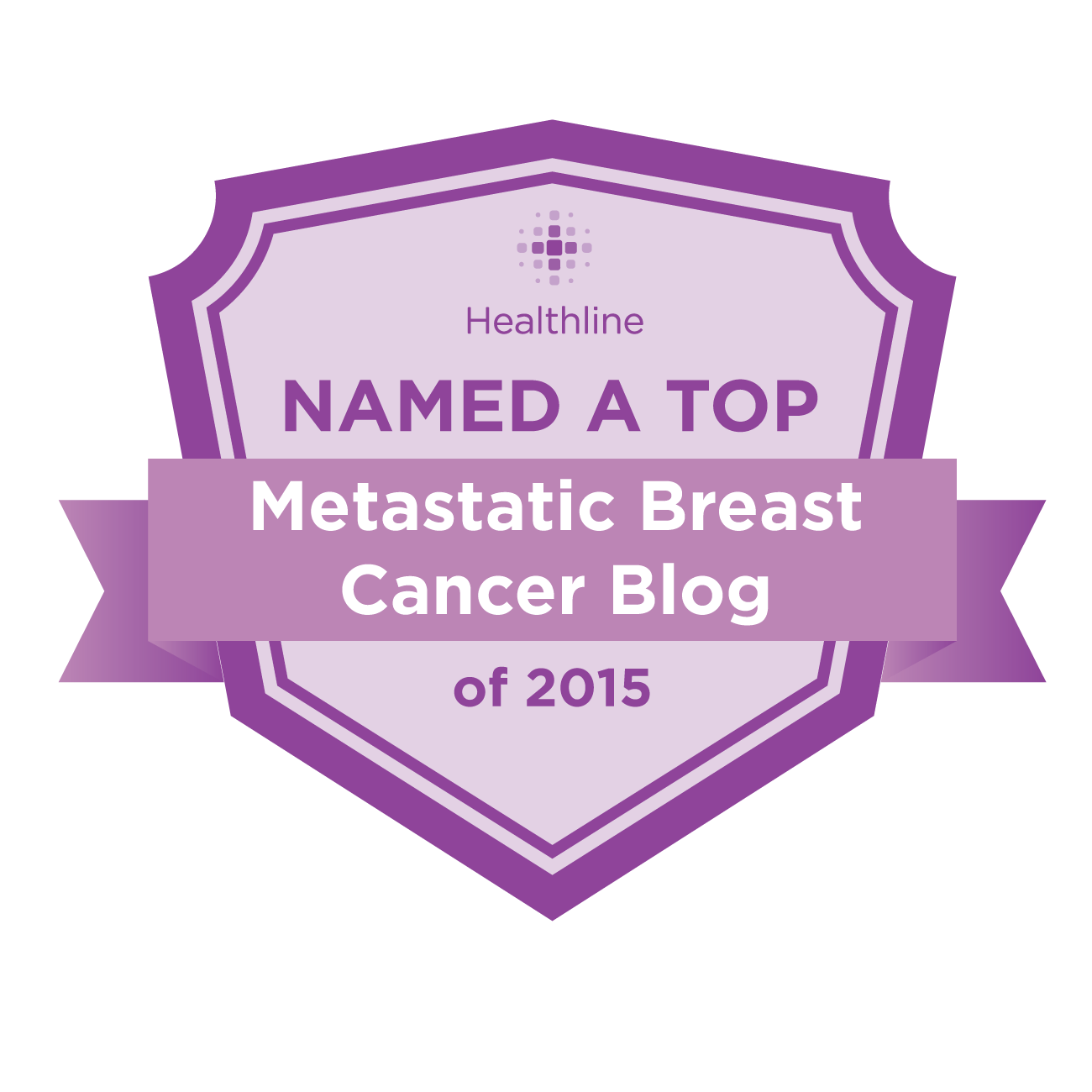I sure hope none of my doctors read this blog, because I have a feeling they won't like this post. On the other hand, I wasn't getting a lot of help from them, and desperate times call for desperate measures, ya know?
My shoulder has been a big, throbbing, agonizing trial in my life; quite unfair after what I've just been through. Yeah, cancer can be life-threatening and scary and time-consuming, but for the most part, it didn't hurt. This adhesive capsulitis has been harder on my lifestyle in many ways, and that is mostly due to the intense pain. Even the fact that I can only lift my arm inches high isn't the problem that the pain is.
I happen to have some strong prescription pain pills. I have never once taken more than prescribed - until this. And yet, they didn't touch this sort of pain. It was like taking skittles. In all my searches, it does seem that there is something about this particular injury that doesn't respond to typical pain methods. I wasn't about to ask for anything stronger than I take, so I resorted to hot baths, which gave me brief relief. I even filled a sock with rice and spent every 10 minutes at work, all day long, microwaving it and letting it rest on my shoulder, like a limp squirrel, to try to dull the pain.
Picture me, sitting in the Principal's front office, dressed in nice clothes, with a big, fuzzy sock of rice perched on my shoulder. That screams "superb educational facility" doesn't it?
Lack of sleep has been a problem too, and coupled with the long days I've had to put in at work, my resistance has been low. I actually called my doctor's office and begged for relief - for something to help me. Begged with tears in my throat.
No response. Maybe they thought I wanted pain meds. I didn't, I wanted a nerve block, a hammer to the head - anything.
I suddenly realized something. I had leftover steroids from chemo. Some people get relief from steroid shots with this disease (although my doctor said no). I googled "oral steroids for adhesive capsulitis" and found some citations.
Hey, they'd been prescribed for me, right? I'd taken them before and they hadn't killed me, right?
What's the harm? It's worth a try.
So, I popped one.
The next morning, the pain was lessened. I couldn't believe it. I popped another, and felt even better the next day.
I'm on day 8. My pain level is down from a 10 to a 2. I even have regained some range of motion. I still can't change positions in my sleep, but when I'm still it doesn't hurt and I'm getting several hours of rest at a time. I am starting to do the physical therapy exercises I was told to do when the pain reduced. I think this medication helped stop the inflammatory reaction and has pushed me past the worst stage, and now I can concentrate on recovery.
I know steroids are nothing to toy with. I am taking them for 10 days, and then will taper off. I'll take a half the 11th day, a half the 12th, a quarter the 13th and a quarter the 14th and be done. I'll still have five left just in case that taper isn't enough.
I don't recommend that anybody do what I did. I recommend that you go in to see your doctor and demand relief. I recommend you be more assertive than I was. My excuse: I wasn't getting the idea that anybody was taking this condition seriously, not to mention the misdiagnosis - but I also really didn't want to go in a third time and complain. I didn't feel like I had the time.
So, I took care of it myself. I'm self-sufficient that way. And, yes, a bit of a risk-taker.
Anyway, it worked.
It still hurts, don't get me wrong. But, it's much better, I am not thinking about how much pain I'm in all day long and trying to smile through it. Now I know I can recover.
The moral of this story? Throwing old medications in the back of the bathroom cabinet instead of throwing them away can sometimes pay off.
Maybe those folks on Hoarders are on to something.
“Angel Wishes” - new artwork
5 years ago














